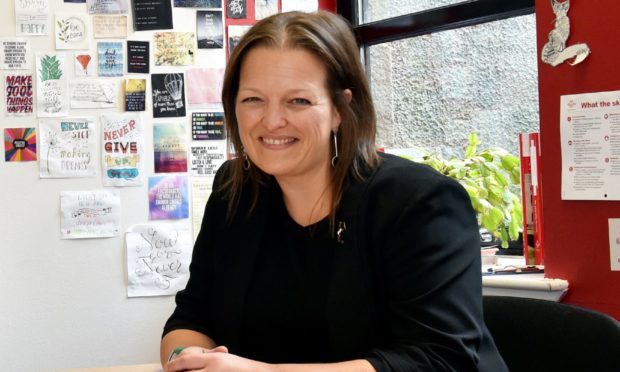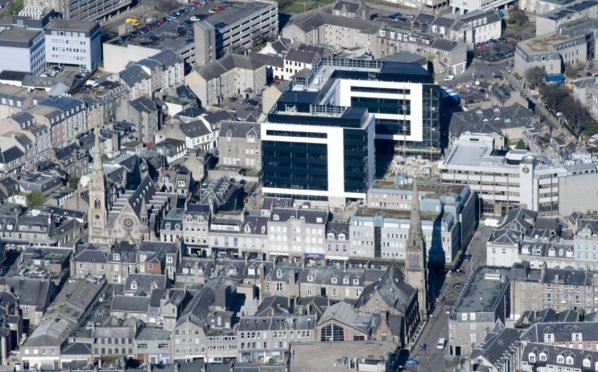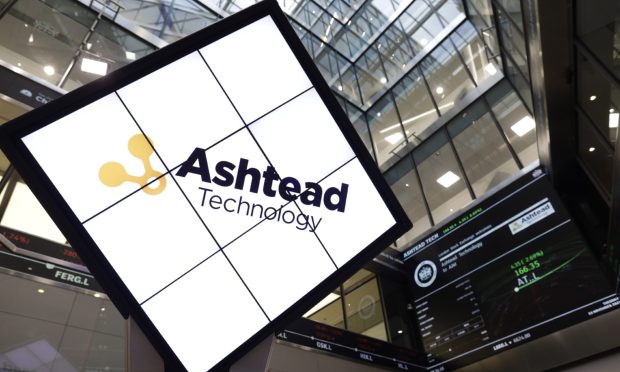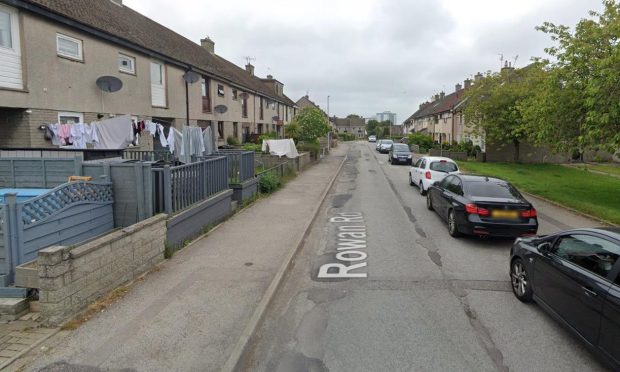A looming jobs crisis expected to hit the north-east is the “absolutely critical moment” for many firms to be paying staff a wage they can live on, according to an advocate for the scheme.
Leona McDermid, Aberdeen Foyer’s chief executive, said that with the Granite City facing tough times ahead it was essential that businesses look to pay the Living Wage – particularly to young people.
The charity boss said the move would not only increase productivity, but help employers retain a stable workforce during the pandemic.
Ms McDermid said: “Aberdeen certainly is struggling more than other places.
“Recent reports have shown job vacancies are down by 75%, on of the lowest rates in the UK and 35% of the redundancies this year have been in Aberdeen and the surrounding area – the workplace is really challenging at the moment.
“This is why the Living Wage is really important because it lifts those who are struggling to get into work, but also those jobs that are available,
“Young people in particular are being affected by the changes in the labour market, they’re twice as likely to be unemployed, which has been demonstrated in the unemployment rate at 13% and growing.
“For many they will get paid at the National Minimum Wage so paying the Living Wage can be transformational as it can help people to remain where they’re living and they don’t have in-work poverty.”
Ms McDermid pointed out that typical jobs for young people in retail and hospitality have been “greatly hindered” by the Covid-19 pandemic and decreasing city centre footfall.
She said she worries that without more employers introducing the Living Wage, many more working age Aberdonians will fall into poverty.
“We’ve been looking at what opportunities there are for young people and individuals generally and have been working with employers in the care sector, security and construction – but we need to know what the public sector is going to be”, Ms McDermid said.
She added: “At this point in time when poverty is at an increase, as a result of unemployment being on the increase, the risk and long-term scarring affect that poverty can have on people’s wellbeing, their sense of worth and confidence is huge.
“I think being able to go into a job that you know is going to be able to pay your bills is absolutely critical at this time.
“There are people in the north-east that may be moving out of a job that is very well paid and are forced to take a job that isn’t as well paid, therefore the living wage becomes even more important.”
Meanwhile, Aberdeen University yesterday highlighted its range of free career-focussed online courses following the success of the first phase of its upskilling scheme.
In August, more than 2,500 people – many of whom were looking to either retrain or upskill in light of the pandemic – applied for one of the 395 free places on offer.
Phase two, which launched yesterday offers an additional 150 free places on the courses, which were handpicked to address known skills gaps in a range of subjects.
Professor Alan Speight, vice principal for student recruitment, said: “Supporting statements and feedback from successful candidates have shown an acute demand for upskilling and reskilling amongst a population greatly affected by the current Covid-19 crisis and its consequences, with many requiring financial assistance to support their upskilling and reskilling training needs.”
Supported by £600,000, which has been allocated to the University by the Scottish Funding Council as part of its Upskilling Fund, the bitesize courses on offer are flexible, part-time and designed to fit around full-time work.
Applications are open now until Monday, November 30, with the courses starting in January 2021.










